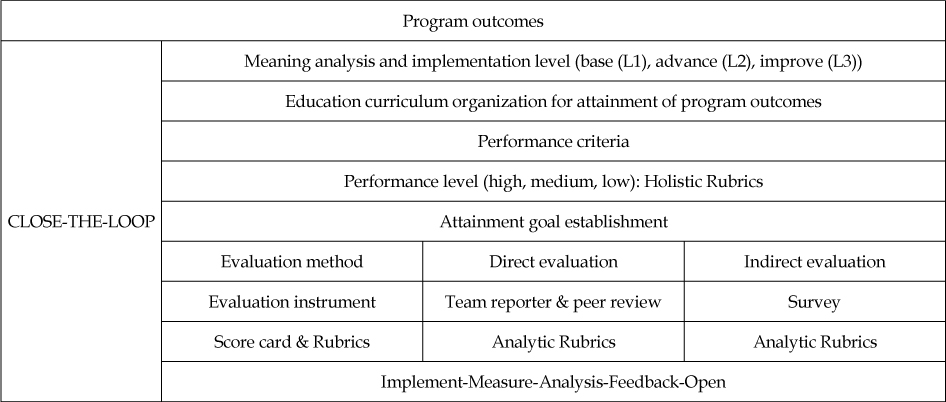1College of Nursing, Chonnam National University, Chonnam Research Institute of Nursing Science, Korea.
2Department of Nursing, Daegu Health College, Korea.
3College of Nursing, Research Institute of Nursing Science, Chonbuk National University, Korea.
4Department of Nursing, Gwangju Health University, Korea.
5Department of Nursing, Korean Bible University, Korea.
Copyright © 2016 Korean Academy of Nursing Administration
This is an open access article distributed under the terms of the Creative Commons Attribution Non-Commercial License (http://creativecommons.org/licenses/by-nc/3.0/), which permits unrestricted non-commercial use, distribution, and reproduction in any medium, provided the original work is properly cited.

NM=Nursing management; CHN=Community health nursing; BSN=Basic science of nursing; WHN=Womens health nursing; AHN=Adult health nursing; PDN=Pediatric nursing; PCN=Psychiatric nursing; LO=Learning objectives by middle category.
NM=Nursing management; CHN=Community health nursing; BSN=Basic science of nursing; WHN=Womens health nursing; AHN=Adult health nursing; PDN=Pediatric nursing; PCN=Psychiatric nursing; LO=Learning objectives by middle category.